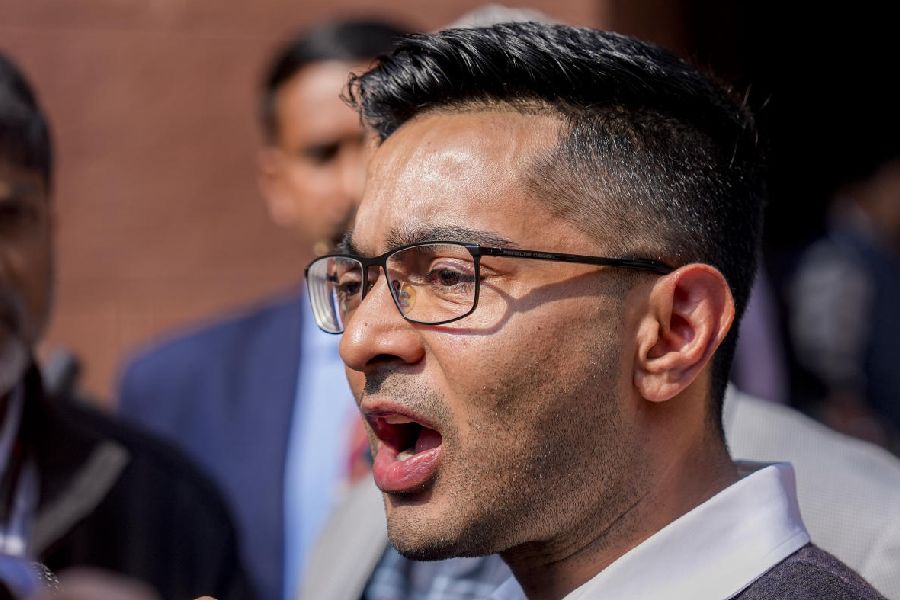New Delhi, Feb. 26: The Supreme Court has agreed to examine the advocates-on-record (AoR) system under which only a select few advocates can file petitions in the apex court.
A bench of Chief Justice Altamas Kabir and Justices A.R. Dave and Vikramjit Sen has recently sought the response of the Union government, the registrar general of the Supreme Court and the Bar Council of India on the petition filed by the Supreme Court Advocates’ Association on the constitutional validity of the system.
Appearing for the association last week, senior counsel Ram Jethmalani submitted that after the gazette notification in June 2011 of Section 30 of the Advocates Act 1961, the Supreme Court couldn’t continue the AoR system. His argument was that “Section 30 grants unqualified substantive right to all advocates enrolled in different bar councils to practise the profession of law throughout India, including the Supreme Court”.
Under the AoR system, only those advocates who have passed a written examination conducted by the Supreme Court every year are entitled to file petitions. The practice was adopted decades ago under Section 58 (3) of the Supreme Court rules, which enabled the apex court to frame rules for its own functioning. At that time, Section 30 had not come into force yet.
Nearly 70,000-odd advocates visit or appear in the different courts of the Supreme Court every day. But only the 2,000-odd AoR can file petitions.
Jethmalani has argued that the right to practise the profession of law is a fundamental right guaranteed under Article 19 (1) (g) of the Constitution of India, which cannot be infringed and restricted by the Supreme Court rules. It was also said that under Article 22 (1) every person, including those in custody, has the right to consult a lawyer of his own choice. This right was being violated by the AoR system, which the petition sought to quash.











